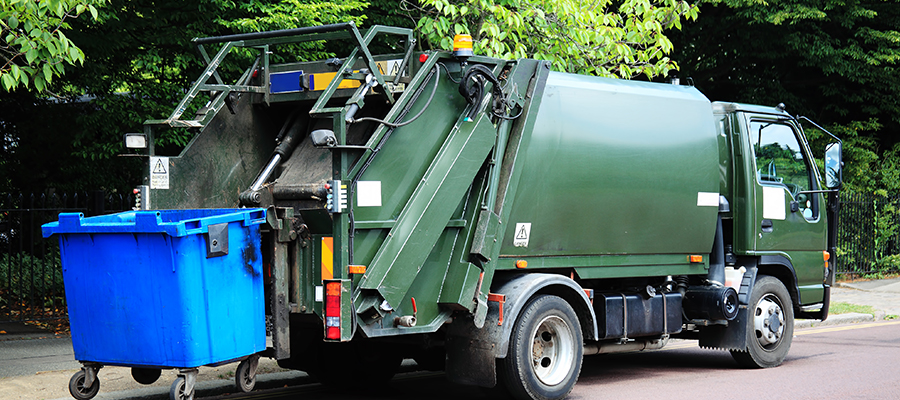Blog

Benefits of Waste Management
No amount of emphasis can be made on the importance of waste management. If strategies are being implemented properly, the benefits of waste management are tremendous and it can be of great help to the economy by facilitating job generations.
Cost effective practice
Waste management if implemented properly can be a cost-effective practice that will be helpful for all.
The industry of waste management is still growing. While the benefits are large, it is growing at a relatively slow pace considering the awareness and knowledge relating to it. Now with various initiatives by governments around the world, many private entities are stepping into the market to capitalize on the various facets of waste management like recycling and reusing and reap the benefits. The revenue generated by waste management would surpass $60 Million by 2018, as per Journal of Waste Management reports.
Environmentally Clean and Fresh
The implementation of proper waste disposal system not only benefits the people but also the environment alike. A proper waste management helps in keeping the environment clean and fresh thus getting rid of all the diseases caused by it. Enforcing waste disposal units in tier 1 and tier 2 cities will greatly benefit in reducing the load on the waste management system as extensive and proper safety measures will be imposed. Implementing a full-grown technique which is useful for both people and environment is the best effects of proper waste disposal.
Conserving Energy and Planet
One of the major characteristics of waste management is recycling. Production of papers is majorly done by cutting down of trees. Recycling of waste will greatly help in reducing the cutting of the trees. The recycled waste will form a better source to make quality paper, thus reducing the cutting of trees. This process only requires a minimal amount of energy for utilization and complete processing, with the final product being a renewable source of energy and eco-friendly.
Reduction in Environmental Pollution
A proper waste management technique if implemented, will help in reducing the pollution. The environmental benefits of waste management are tremendous. The waste, when accumulated for a long time without treatment, leads to the emission of greenhouse gases like methane and carbon monoxide. A proper waste management will not only curb the intensity of the greenhouse gases but will also curb the depths of the landfills and incinerators, thus cutting down its serious effects on the environment. This will also lead to reduced consumption of fossil fuels, leading to cleaner and greener environment.
Health Benefits
There are innumerable health benefits if a proper waste management system is at place. One of the most common ways of disposing of waste is to burn them in the backyards or at a landfill. When household waste matters like plastics are burned, they discharge solid components in the air. Such components increase heart disease, asthma, emphysema and respiratory diseases. Waste management helps to relocate the waste to an area where it can be incinerated or disposed of. This will help in reducing the health risks, decrease pest infestations in urban areas and lower exposure to biohazards.
Job generations
Even though it may seem that waste management can not cater to job creation, the matter of fact is that waste management has a lot of procedures. From the collection of waste to the last step of segregation due to the amount of trash generated, there is ever increasing need of labourers for waste management. This has given rise to employment opportunities for ragpickers to earn a decent living without being looked upon by the society. With the growing awareness of the importance of segregation and rise of various cleanliness campaigns have given rise to employment opportunities for people in this area.